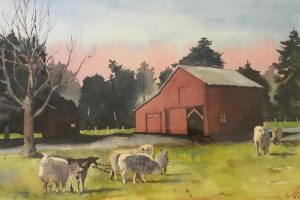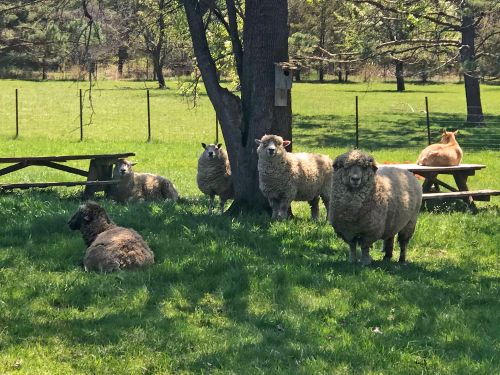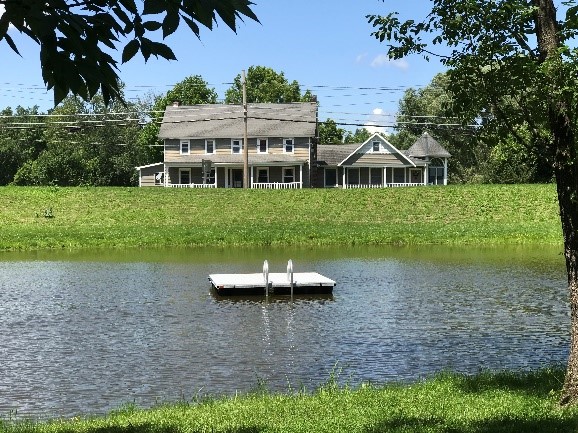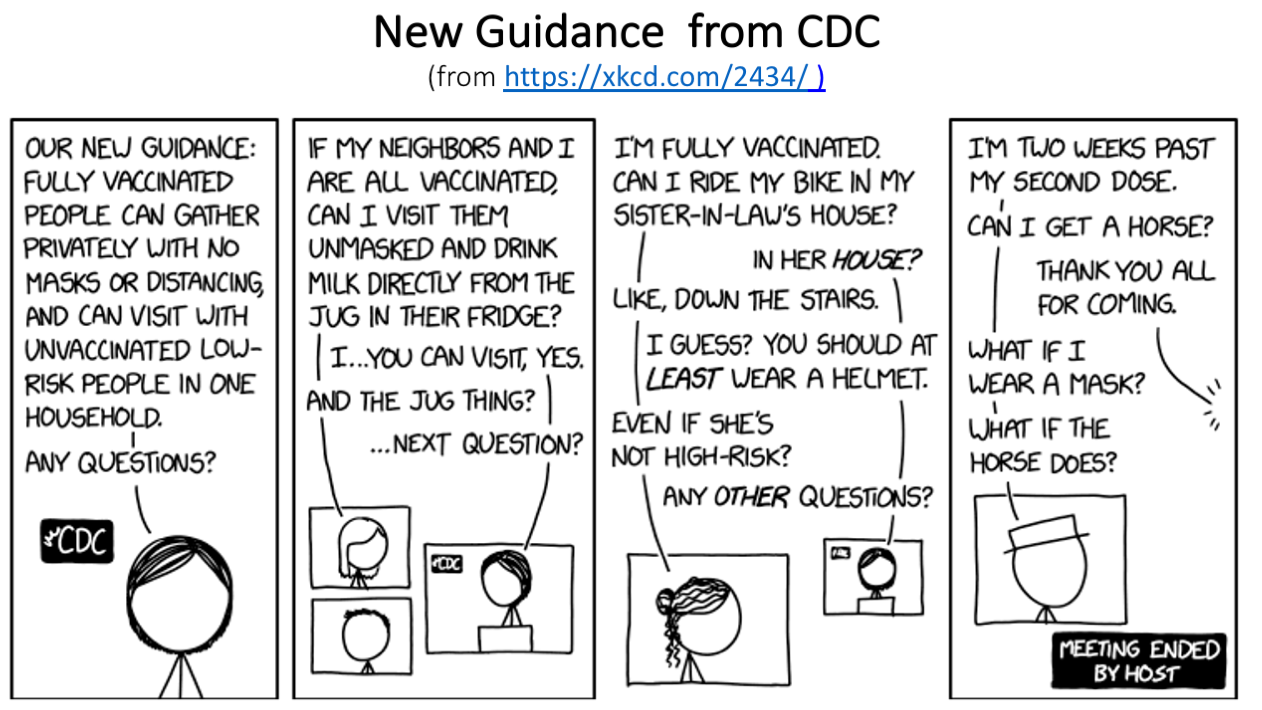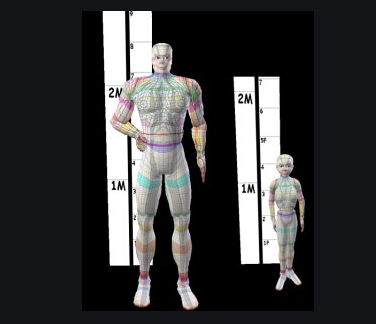It is early on Easter morning and the Corona virus is out there. Later this morning we’ll have an Easter egg hunt and there will be chocolate and jellybeans in a basket next door, but all the while, the virus will be out there. I consider myself to be a person of Faith deeply rooted in the Sacred beliefs of our Christian community (full disclosure: I am currently an ordained Elder of the Presbyterian Church USA). I also know that I always look at the world as a system dynamics modeler does, creating and learning from mathematical models that are solidly based on explicit causality and on time series data and are supported by scientific evidence. I do not see any conflicts between those two deep tap roots that define how I approach my life. Indeed, knowing clearly what I believe (from my Faith) and believing deeply in what I know (from models and science) are deeply complimentary. This was not always so.
I was born and raised in the Missouri Synod branch of the Lutheran Church. Back then we were quite sure that God spoke with word-for-word clarity through his Sacred scriptures. God said what he meant and meant what he said when he told us in the book of Genesis how he (yes, God was clearly a “he” back then) had made the world in seven days. I recall that when I was in junior high school Pastor Olson had us memorize over 200 bible passages, verbatim, because, as he told us, “The communists may take over and we will no longer be able to read our bibles”. This type of faith lasted for me until my sophomore year in high school when Pastor Olson and the book of Genesis came up against my biology teacher, Mr. Thomas, and the chapters on evolution in my high school biology text. Mr. Thomas won. Then the 1960s happened, and I went off to college to study mathematics and the social sciences. Then it was the Vietnam War.
Five years after Deborah and I were married, after I had completed my studies at MIT and after I had accepted an appointment at the University at Albany, we began to explore how to return to being “churched” in some form. Among other things, we were looking to adopt a baby and as a practical matter it would be good to be in some church. Through the on-campus Lutheran Chaplain at UAlbany, we found our way to a small Lutheran church near our home whose young pastor, John Macholz, had recently graduated from the same Seminary that had precipitated a split in the Missouri Synod. Apparently, the splitting issue had been a dispute over “heretics” teaching at the seminary—echoes of my own “heretical” confrontation with Pastor Olson in high school. Pr. Macholz and I became good friends and we keep in touch to this day. Over many cups of coffee, family dinners, and formal church experiences, I saw how to rebuild my Faith into a version that embraced those same scripture verses that Pr. Olson made us memorize, but in a different light.
This detour in the story brings me right back to this Easter morning, with the Corona virus out there. For me, the key message of the Easter story does not depend on the factual accuracy of the Sacred mystery of the resurrection. It pertains to the states of mind and faith of the community that experienced that mystery 2000 years ago. Before Jesus was executed by the Roman authorities, he had preached that his followers would be the vanguard troops that God would use to set up a new “Kingdom”. He said it clearly in words that resonate with me most mornings as I sit in quiet meditation over my first cup of coffee, “Thy Kingdom come, Thy will be done, On earth as it is in heaven.” The design specs for this new “Kingdom” to be created came right from the Old Testament prophets and were very clear. Love one another. Feed the hungry. Clothe the poor. Work for peace and social justice. The current landing page for the website for the Lutheran Church ELCA provides us with the key working principle that guided the first followers of Jesus on the first Easter and still guide our community today. It says simply, “God’s work. Our hands”. Amazingly, the power of this very direct set of orders did not diminish after the crucifixion. The power of the Sacred command to put our hands to work to accomplish God’s work was as powerful after the crucifixion as it was before.
So on this Easter morning, this is exactly what I firmly believe. I am part of a community that is charged with discerning a divine will and then “making it so”. We are in partnership with the Divine, with the “Higher Power”, as one of my daughters would say. The will—that is the instruction about what needs to be done–is not ours. That comes from the Divine. However, most importantly, we are the human hands that are partnering with this Divine will to usher in a new Kingdom. This, I believe, is the essential vision that Jesus preached when he was alive. And Jesus’ followers were stunned, amazed, and inspired when this vision bounced back and survived and thrived after the Roman execution on Good Friday. This hope in the coming of a Divine Kingdom based on a partnership between a Divine will and the work of a human community grounded in Love in all of its forms is what I believe we celebrate on Easter.
So what does all of this have to do with COVID-19 and mathematical models? When God commanded Her people to “Feed the hungry and clothe the poor”, She didn’t specify how to get the job done. The hard work of figuring out how to eradicate poverty and provide for universal nutrition (and healthcare? And jobs?) is left to the community to figure out. Our Sacred scriptures do not specifically mention or refer to viruses at all, let alone COVID-19. So we as a community need to deduce from more general principles what God’s will is in these times. The prime directive is clear—when dealing with the Corona virus we should always act in love and “Do unto others as we would have them do unto us”.
Our community has a lot of loving work to do in order to fulfill this mandate. Those who are trained in the biomedical sciences need to get cracking on a vaccine. My daughter needs to check in at the Emergency Room up at Saratoga Hospital where she works and take care of the most needy. We need to place protective social and physical barriers around our frail and elderly. We must quarantine those who are infected in order to curtail the spread of the infection. We must collect detailed data and measure impacts and reactions. And those of us who have the right training and ability must build math-based models to help us chart our way clearly through to the end of this pandemic. We all need to craft a shared understanding of the dynamics of the epidemic, understand our roles and ethical and moral imperatives, and create a community acting in unison to usher in this New Kingdom.
